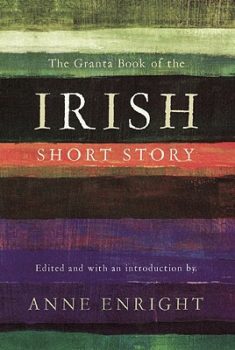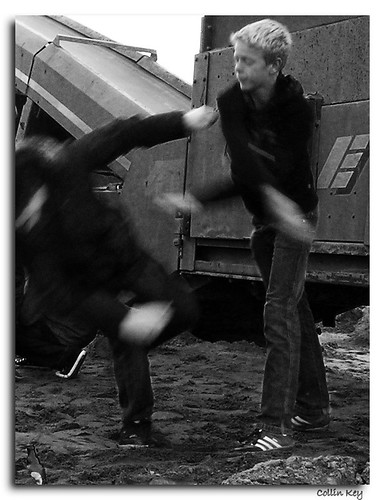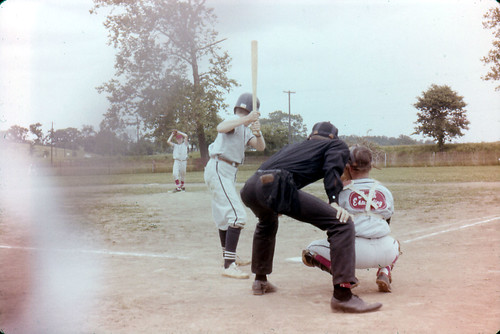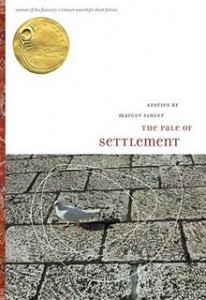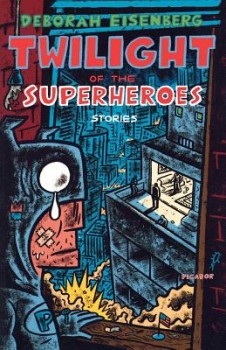Stories We Love to Teach: "Tiny, Smiling Daddy"
I use “Tiny, Smiling Daddy,” from Mary Gaitskill’s collection Because They Wanted To, to help fiction students understand the value of stories that lack epiphanies, or any clear transformation in their characters. In Gaitskill’s story, a father who has long struggled with his only child’s sexuality finds that his daughter has published an essay about their difficult relationship, one in which she articulates the limitations of her father’s love. The father, aptly named Stew, is insulted, embarrassed, and rocketed back to moments in the past, gaps in understanding that have left him feeling assaulted and alone. In large part, his […]



